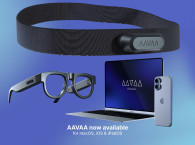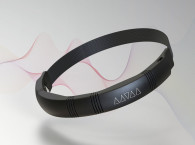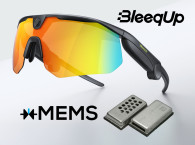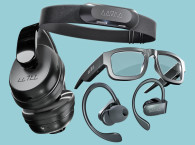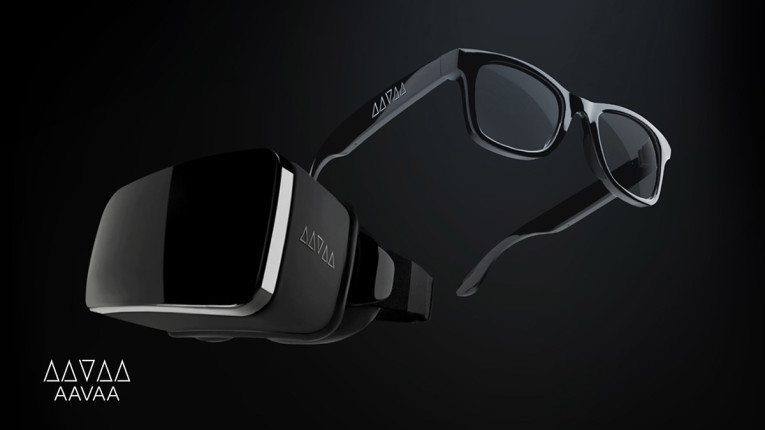
Smart glasses should be something that improves our eyesight in meaningful ways. But instead, some companies insist to use "glasses" for other pointless purposes, which instead diminish its usability and hinder human senses in general. Nevertheless, there is one other good application for glasses - and that is for using eye, head and facial movements, such as blinks, as an interface to control devices for use at home, for gaming and assistive technologies.
Having proven the concept with a headband form-factor, AAVAA's BCI System for Smart Glasses is a new development platform that the company hopes will enable a new level of device control, transforming simultaneously augmented applications, smart home, gaming and assistive technologies. The BCI controlled technology is designed to seamlessly integrate with existing eyewear and goggles, offering added convenience and functionality.
"Imagine being able to capture photos with a simple blink, type an email using eye movements or allowing wheelchair users to control their smart devices in their home with a wink," says Naeem Komeilipoor, Founder and CTO of AAVAA. "Our vision is to empower businesses with tools that enhance both functionality and accessibility, as well as user engagement. This is the beginning of a journey toward a more immersive and accessible digital future for everyone."
Some of the advanced features of the AAVAA BCI System for Smart Glasses include the interpretation of brain and biometric-signals for tracking user attention, facial gestures and gross eye movement for command and control. AAVAA's proprietary fabric and polymer sensors are able to intelligently distinguish between intentional and accidental movements for improved accuracy and effectiveness and can be integrated into existing designs, speeding time-to-market for BCI-enabled devices.
According to the company, this BCI technology and platform is powered by a computationally light algorithm and a small, standalone microcontroller that still enables fast response times and allows for accessible compact designs,
"Whether it's creating more immersive gaming experiences or providing assistive technologies with more intuitive interfaces, AAVAA's BCI System for Smart Glasses is equipped to meet the diverse needs of many applications," says Komeilipoor.
www.aavaa.com




